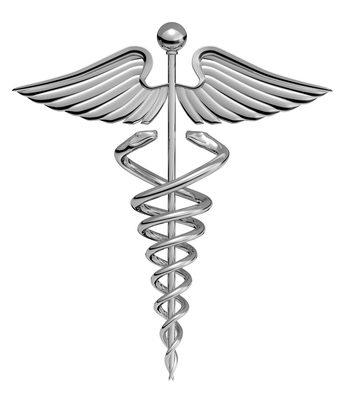A medical practice administrator performs essential duties in a doctor’s office, managing areas of responsibility that make an office run efficiently. Every aspect of a medical practice except treatment performed by a doctor is under the supervision of the administrator. Requiring the ability to do many things simultaneously, the position of medical practice administrator is a demanding one.
A complete job description for the position is provided by the Infectious Diseases Society of America (IDSA). An administrator may manage a practice for one doctor, a group of doctors or a specialized area of a larger practice. In each location, an office depends on the administrator to manage these areas:
• finance
• staffing
• supplies and office facilities
• reports and contracts
Great responsibility is placed on the administrator, often a person who has earned no more than a two year degree in business and has five or more years of experience.
Increasing Need in the Medical Field
The increase in the number of aging baby boomers has created a greater demand for health care that opens opportunities for work as a medical practice administrator. The U.S. Bureau of Labor Statistics projects a 22 percent increase in employment by 2020 as an aging population increases the demand for health care. Administrators are needed for organizing medical support services and for managing the staffs that provide them.
Managing Office Finances
Cash flow is the key to having a successful business, and the administrator is responsible for managing it. To make sure that receivables are deposited and payables are made on time, the administrator performs these duties:
• pay bills prior to due date
• approve expenditures
• prepare a monthly review of account balances
• make daily bank deposits
• reconcile bank accounts
• periodically review accuracy of computer accounting system
Hiring and Training Staff Members
A qualified and well trained staff allows an administrator to manage a busy office, accomplished by hiring and training qualified staff and firing those who do not perform satisfactorily. In addition to providing training as needed, the administrator must complete these duties:
• delegate work and establish hours
• determine assignments and job descriptions
• supervise employee performance
• conduct performance and salary reviews
• organize staff meetings
Maintaining Supplies and Workplace Environment
A medical practice administrator must make sure that each person on the staff, including the medical professionals, has a ready supply of essential supplies and equipment. In addition, the physical status of the facility is the responsibility of the administrator as well. Duties include these tasks:
• oversee ordering of office and medical supplies
• conduct comparative pricing studies
• notify landlord of need for services and repairs
• order new medical equipment
• assure maintenance of offices by cleaning staff
Managing and Distributing Reports
Communication is a tool that administrators use to keep all staff members informed as participating members of an effective organization. Selecting the appropriate recipients of office communications is a responsibility that requires judgment and discretion. Typical duties include these:
• compile an analysis of financial reports on a monthly basis
• maintain liaison with accountants
• monitor employee fringe benefits
• maintain liaison with practice attorney
• research insurance plans and make recommendations for selection
A medical practice administrator occupies an essential role in a doctor’s office. Skill, persistence and professionalism are valued traits in an administrator.
